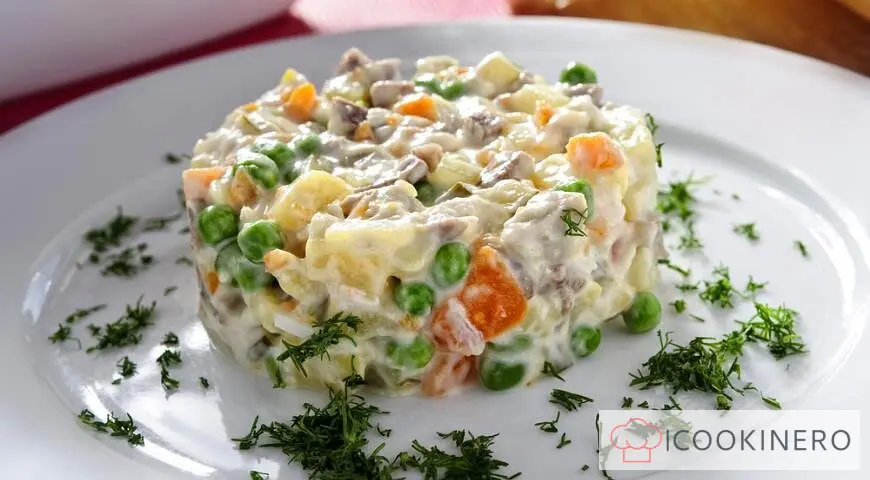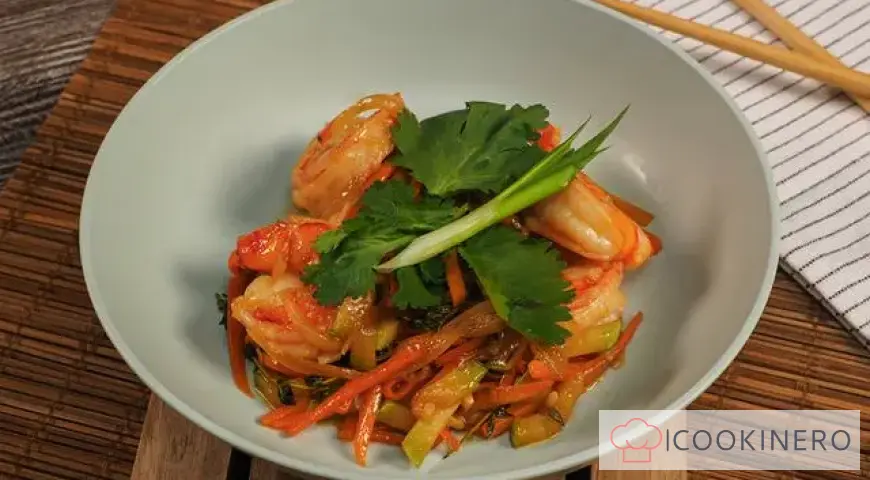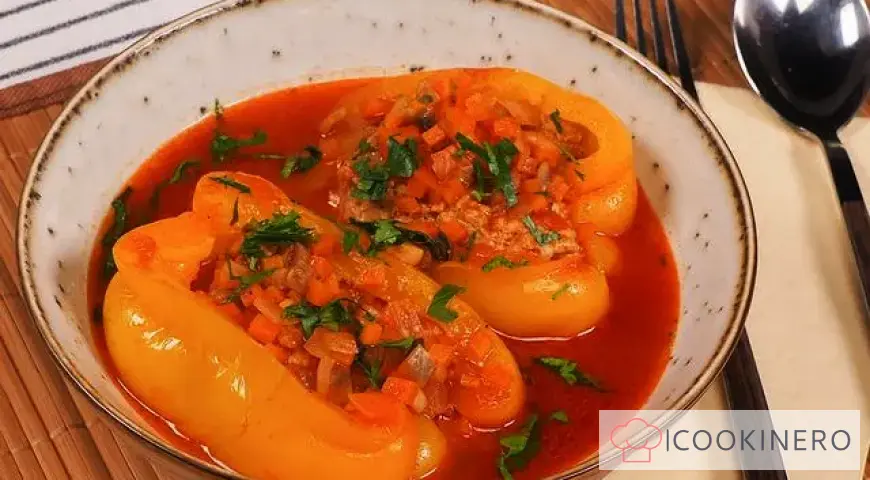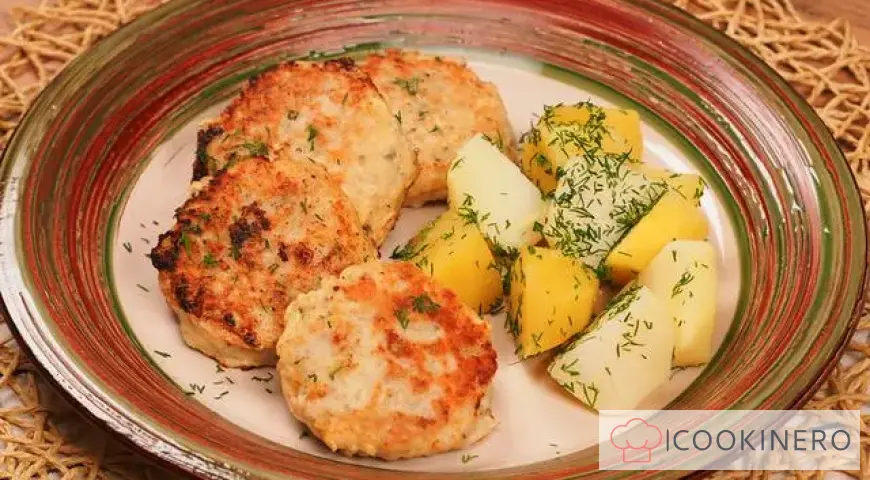How to cook the most delicious olivier

In the middle of the 19th century in Moscow, in the Hermitage tavern, French chef Lucien Olivier came up with a salad that quickly became known to all Moscow gourmets of that time. The salad recipe was kept in great secret and has remained unsolved until now. It is known for sure that it contained hazel grouse, pressed caviar, veal tongue and crayfish necks.
How to cook How to cook the most delicious olivier
Step 1

Potatoes and carrots do not need to be boiled. Vegetables will taste better if they are steamed or baked in the oven. If the prepared vegetables “in uniform” are allowed to stand for 8 hours, then it will be easier to cut them into beautiful even cubes.
Step 2

Cucumbers - options vary from salted and pickled to fresh. And some use marinated and fresh together. Some insist that cucumbers be completely peeled, while others, on the contrary, that you need to remove the inner part with seeds.
Step 3
Onions can be marinated in apple or wine vinegar or replaced with green onions.
Step 4
To add freshness to the salad, put an apple, less often a pear.
Step 5

If you replace canned peas with boiled fresh-frozen ones, the salad will be more beautiful.
Step 6
If you like Olivier with poultry, try the option with turkey or duck.
Step 7

It is good to use assorted meat products: boiled chicken, boiled tongue, boiled pork, roast beef, smoked sausage, ham.
Step 8
Instead of meat or sausage, chicken dumplings are added to Olivier in Kiev.
Step 9

Some people sprinkle the salad with fried bacon.
Step 10
An option for real gourmets is quail galantine and crayfish necks.
Step 11

There are also completely non-meat salad options - with boiled squid or canned tuna. And even with the simultaneous use of crab, squid and fried scallop.
Step 12
The most unusual option is boiled tongue, servelat and crab fried in butter.
Step 13
The ideal option is traditional homemade mayonnaise with the addition of chopped capers.
Step 14
To soften the taste, you can mix mayonnaise with yogurt or sour cream.
Step 15
For those who like it spicier, you can try dressing the salad with creamy horseradish sauce with sour cream.
Step 16
The flavor of the salad depends a lot on how it's cut. The best option is if all the components are the same size and shape.
Step 17

Serving can be very diverse: traditional in a salad bowl, in tartlets or cheese baskets, in glasses or in rolls.
Step 18
The salad looks very beautiful, laid out in layers in a common salad bowl or in portions using a serving ring.
How to cook the most delicious olivier - FAQ About Ingredients, Baking Time and Storage
Reviews: 0
0 Overall ratingHave you already prepared this recipe? Tell what you think.






